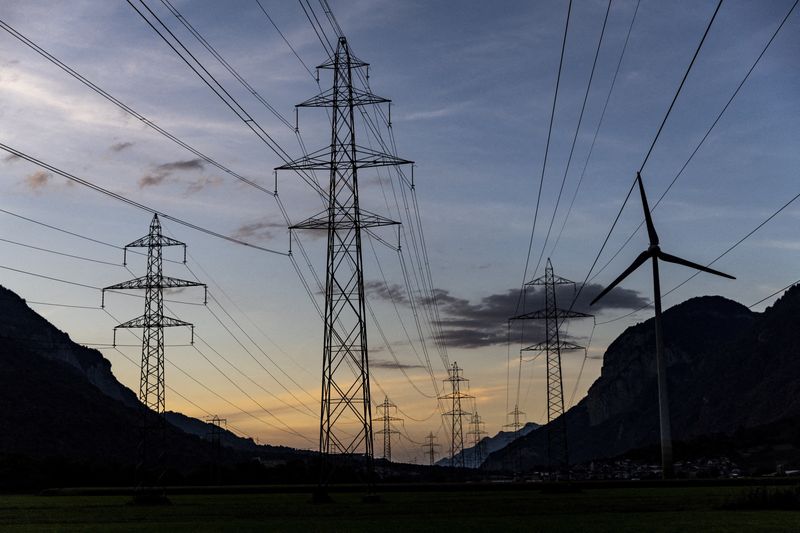ZURICH (Reuters) - Switzerland expects its budget deficit to widen to 6.7 billion Swiss francs ($7.46 billion) next year due to extraordinary spending on Ukrainian refugees and the electricity sector, the government said on Wednesday.
An anticipated 2.1% rise in receipts in 2024 is unlikely to keep pace with spending growth, the government said. The expected deficit for 2023 was 4.8 billion francs.
Extraordinary spending of 1.2 billion francs to support Ukrainian refugees in Switzerland and a 4 billion franc rescue package for electricity companies drove the forecast gap.
Switzerland has accommodated more than 70,000 people fleeing the Ukraine conflict, while the government has set up an emergency credit line to help its struggling energy sector.
Some 4 billion francs has been allocated for power firms, the same as in 2023, although this has so far been untapped.
Spending is also expected to rise as more money goes into pensions and support for the country's state-operated railway, as well as more funding for the armed forces.
Meanwhile, the government expects the payout from the Swiss National Bank to be around 666 million francs in 2024, down from 2 billion francs in previous years.
Switzerland's budget deficit is expected to narrow to 4.6 billion francs in 2025, and 4.3 billion francs in 2026, before declining to 1.2 billion francs in 2027, the government said.
It said it was looking at reducing spending on unemployment benefits and lowering the share of taxes given by Bern to the cantons, but further interventions may be required.

"Although there is a great deal of uncertainty with regard to the next few years, it is likely that further adjustment measures will be necessary," the government added.
($1 = 0.8978 Swiss francs)